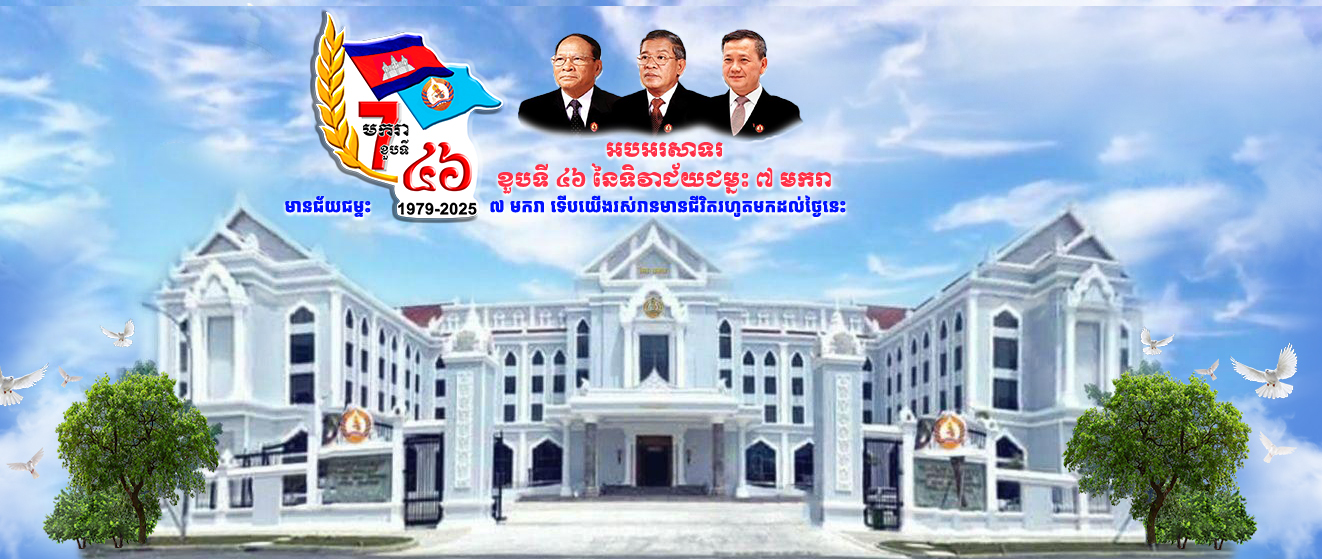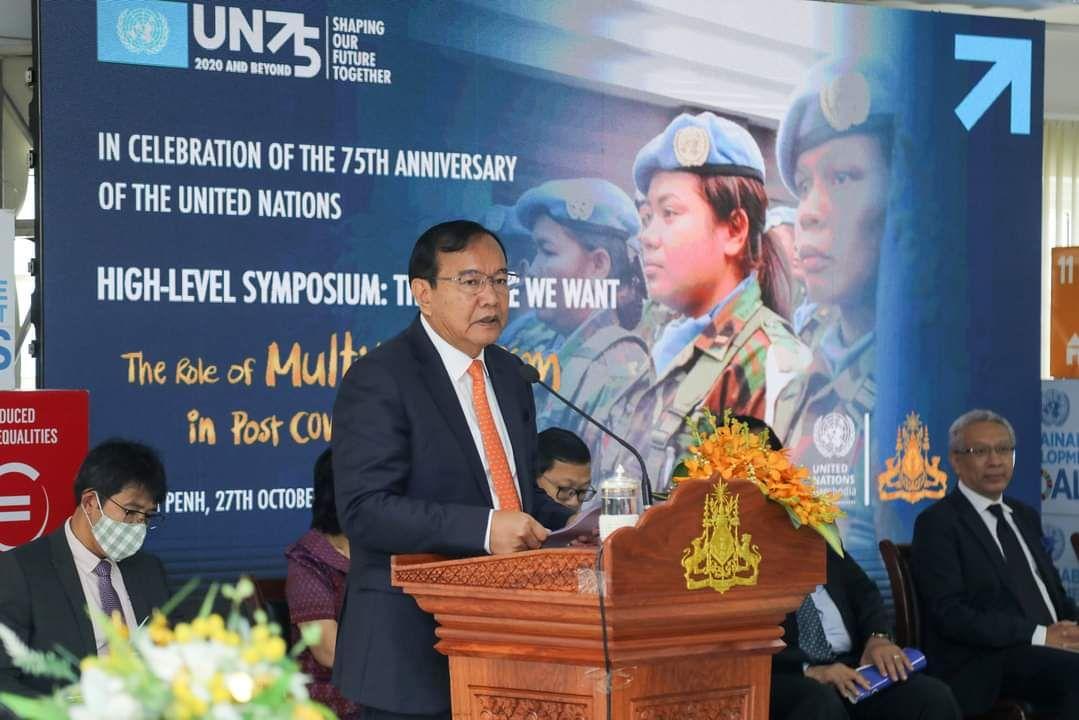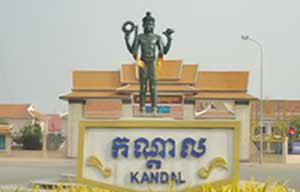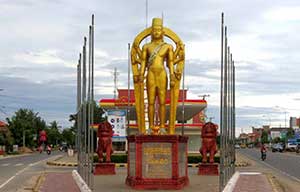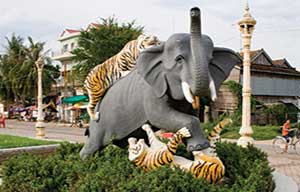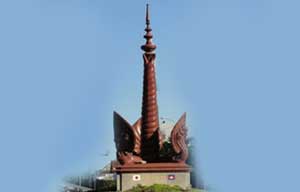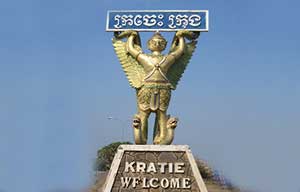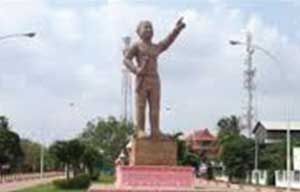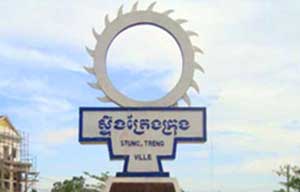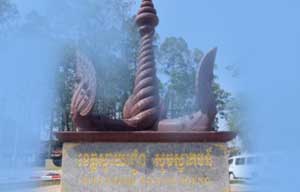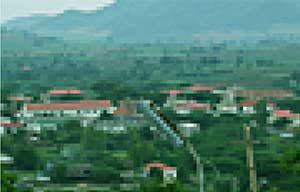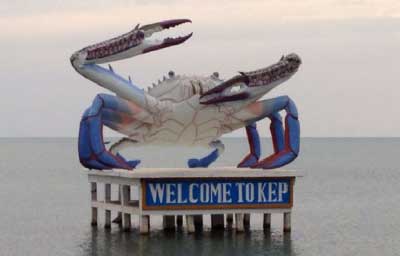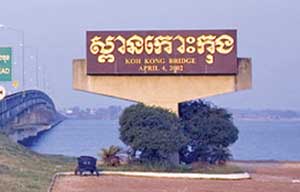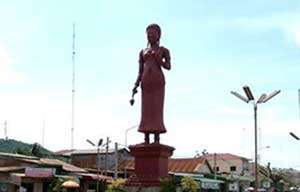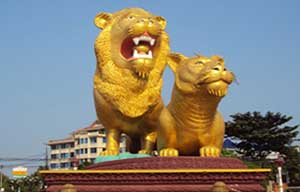Deputy Prime Minister, Minister of Foreign Affairs and International Cooperation H.E. Prak Sokhonn has reiterated Cambodia’s commitment to uphold multilateralism.
“Cambodia’s foreign policy is firmly underpinned by a strong spirit of multilateralism,” said the H.E. Prak Sokhonn in his keynote address at the High-Level Symposium on “The Future We Want, the Role of Multilateralism in a Post-COVID World”, organised here this morning by the National Institute of Diplomacy and International Relations (NIDIR) in partnership with Office of the UN Resident Coordinator in Cambodia.
On the occasion, the Cambodian top diplomat quoted Prime Minister Samdech Techo Hun Sen’s remarks at the High-Level Meeting to commemorate the 75th anniversary of the United Nations held last September, “Cambodia recognises the central role of multilateralism in addressing complex global challenges we face today. Our challenges are interconnected and can only be addressed through reinvigorated multilateralism.”
Nearly two years ago, he continued, when Samdech Techo Hun Sen has committed to host the Asia Europe Summit (ASEM13), supposedly this year, he wanted to contribute in the most concrete ways possible Cambodia’s commitment to advance multilateralism. Second only to the UN, ASEM is the largest building block for effective multilateralism to tackle global and regional issues and other transnational and non-traditional threats.
“At my level, together with my ASEM Foreign Minister colleagues, we have endeavored to issue last September a strong Ministerial Statement on COVID-19, in which we reiterated the close cooperation among ASEM Partners to respond appropriately to the challenges posed by the COVID-19 pandemic, including disallowing the existing gender inequalities to worsen and protecting all of those in vulnerable situations,” he added.
Moreover, H.E. Prak Sokhonn underscored ASEM partners’ commitment “to accelerating the post-COVID-19 sustainable socio-economic recovery, stimulating economic development and financial resilience and building a more fair, sustainable, and inclusive future for all.”
ASEM multilateral contribution will lead to a more rapid recovery process and to the achievement of our Sustainable Development Goals, he underlined.
Seventy-five years ago, H.E. Prak Sokhonn said, following the devastation of the Second World War, the international community has resolved to oppose war and to promote international cooperation, to oppose the law of the few and to promote the strength of the many. And so, multilateralism was born, institutionally symbolised by the United Nations. “Now, more than ever, in the midst of this COVID-19 pandemic, I don’t believe that we can afford to throw this multilateral legacy to the winds. This is the time to reinvigorate this legacy by showing ‘more solidarity’ and ‘more cooperation’,” he stressed.
Besides, he raised the problem of climate change issue, which, he said, is real and as deadly as COVID-19. “No country on its own could tackle the climate change issue. Only through a strong and effective multilateralism can we hope to overcome these natural calamities,” H.E. Prak Sokhonn emphasised.

